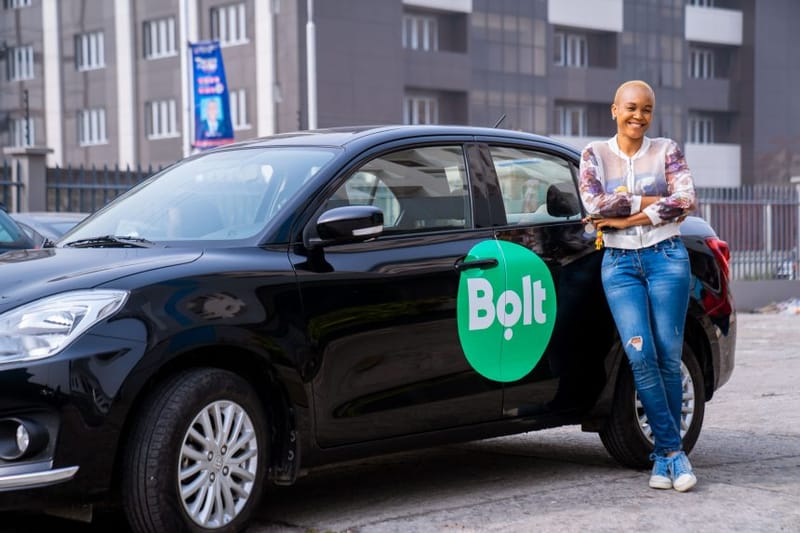Bolt has set up shop in Cairo, Egypt, hoping to take on rival ride-hailing services like Uber and inDrive. With its recent debut into Egypt, Bolt has introduced an attractive offer for riders, a 50% discount for six months, which Bolt will cover. Additionally, drivers will not be charged the customary 15% fee.
By keeping commissions substantially lower than our counterparts, we ensure drivers earn more while presenting customers with appealing service fees - Bolt Egypt's Country Manager, Haitham Mansour
Bolt takes this action at a point in time when it must contend with intense market competition. Ride-hailing services in Egypt are estimated to be worth $922 million, with 11 operators competing for a dominant portion of this market.
To meet the various demands of customers, the Egyptian market provides a broad variety of ride-hailing choices, including cars, bikes, and tuk-tuks. Riders can access these options from 11 major operators including Uber, Careem, Ousta, SWVL, Halan, EgyRiders, Coursia, Nawah,Raseed, inDriver and Allow Taxi
Market Drivers
The rise in smartphone penetration and growing urbanization have been major factors in the popularity of ride-hailing.
The population of Egypt's major cities, Cairo, Alexandria, and Giza, has increased significantly. There are now 9.54 million people living in Cairo, 5.8 million in Alexandria, and 8.8 million in Giza. This, together with Egypt's 50% internet penetration rate, has spurred the ride-hailing industry's expansion.
Afrikan Expansion
Advance into Egypt comes after Bolt's most recent expansion into Botswana and Zimbabwe. The move is in line with the business's significant investment of €500 million ($542.8 million) in Africa, which represents a strategic objective to increase its footprint.
At present, Bolt operates in 15 African marketplaces, including South Africa, where it was introduced in 2016. Subsequently, it has broadened its reach to encompass Ghana, Nigeria, Kenya, Cameroon, Zambia, Tanzania, and Uganda


